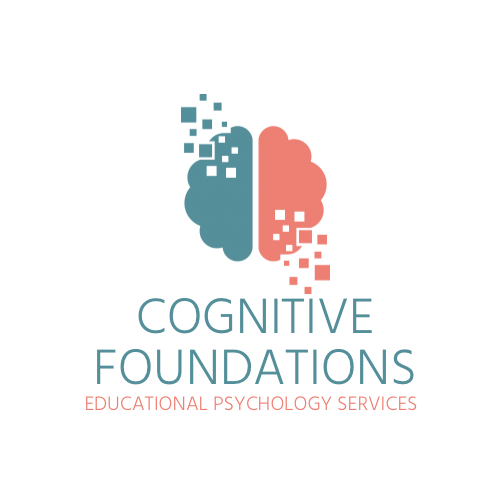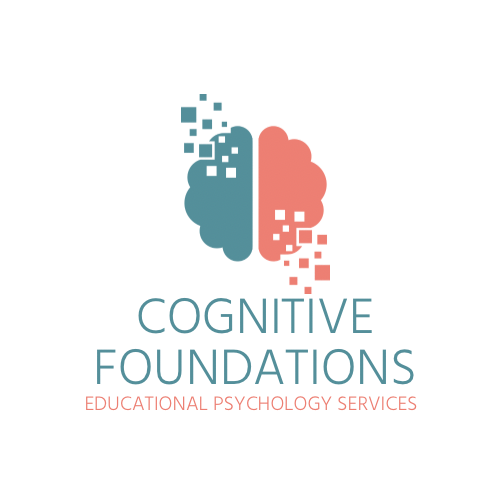Assessment Services
Assessments for children and adolescents:
Special education/504 eligibility
DSM-V diagnosis of disabilities
School-based Independent Educational Evaluations (IEEs)
Educationally Related Mental Health Services (ERMHS)
Gifted student programs/services
Private school entrance
Accommodations on standardized tests (SAT, AP, ACT)
Accommodations/Supports in private school
Assessments for adults:
DSM-V diagnosis of disabilities
Accommodations on standardized tests for graduate school (GRE, LSAT, MCAT)
Accommodations/supports in college/graduate school
Accommodations/supports in vocational training programs
If you have been struggling, and always suspected you may have a learning disability, this evaluation can answer many of your questions.
What is a psychoeducational evaluation?
At Cognitive Foundations, we conduct psychoeducational evaluations to uncover the underlying cause(s) of academic difficulties when there is a known or suspected learning disorder.
Each assessment is designed to answer the following questions:
1) What is impeding the student/adult from being successful in an educational setting and why is this difficulty happening? and 2) What is the educational impact of the difficulties the individual is experiencing? and 3) What steps need to be taken to help the individual eliminate or reduce the impact of the impediment and reach his/her full potential?
A variety of assessment tools are used to identify processing strengths and weaknesses. Assessments may identify DSM-V disabilities or Special Educational eligibility categories (for children and adolescents) and can identify:
Learning Disabilities including Reading (Dyslexia), Writing (Dysgraphia), Math (Dyscalculia), and Expressive and Receptive Language disorders
Attention Deficit Hyperactivity Disorder (ADHD), Attention Deficit Disorder (ADD)
Autism Spectrum Disorder
Emotional difficulties (e.g., depression, withdrawal, anxiety, school phobia)
Intellectual Disability
Executive Functioning Skills deficits
Processing Disorders
Non-Verbal Learning Disorder
Other psychological disorders impacting learning and school performance.
Psychoeducational evaluations for school-aged clients will include an in-depth review of educational records, parent and teacher interviews, observations, and behavioral rating scales.
Individually administered tests are given to assess children, adolescents, and adults in the following areas:
Sensory-motor processes
Processing Speed
Working Memory
Auditory Processing
Language
Visual-Spatial Processing
Reasoning
General Intelligence
Social, Emotional, and Behavioral Functioning
Academic Skills (e.g. reading, writing, mathematics)
Other areas identified could include:
Gifted students
Learning profiles in order to highlight which instructional methods are most and least effective with the individual
Need for accommodations for SAT, ACT, AP and graduate school exams (MSAT, GRE, LSAT)



